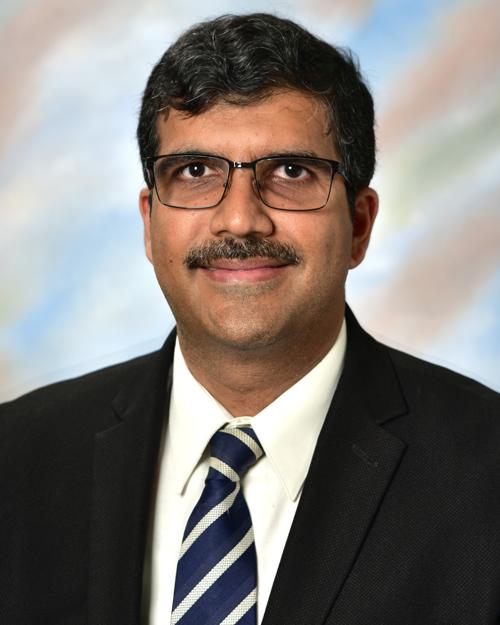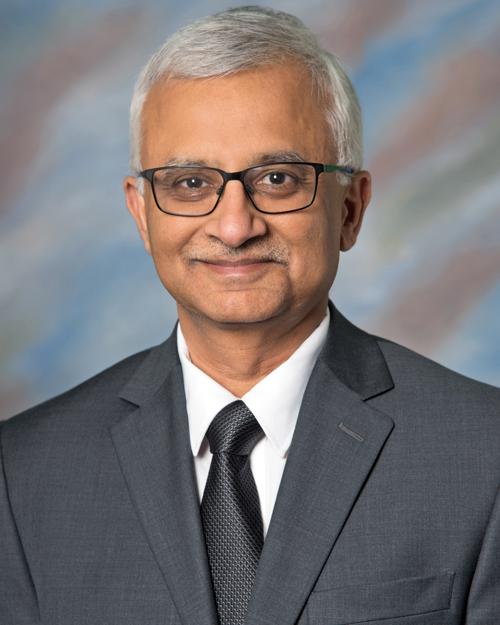WATCHMAN™/LAAC
Why Choose TriHealth?
1,500+ implants put TriHealth at 11th in the country for WATCHMAN™ LAAC volume.
- Personally assigned nurse navigators and nurse practitioners offer education and assistance throughout treatment and make connections to any additional resources needed.
- Brand new, state-of-the-art Cath Lab where procedures take place.
- TriHealth is the first in the area to utilize Boston Scientific’s first steerable sheath to be used with a WATCHMAN™
- TriHealth is Ohio’s only alliance with Cleveland Clinic Heart, Vascular & Thoracic Institute. You benefit from our joint commitment to sharing best practices, new treatments and therapies for the best possible patient outcomes.
Atrial Fibrillation
An estimated five million Americans are affected by atrial fibrillation (AFib), a common heart rhythm disorder (arrhythmia). AFib occurs when the upper chamber of your heart beats faster than the bottom chamber. People with AFib have a five times greater risk of stroke than those with normal heart rhythms.
Blood thinners, also called anticoagulants, are an effective way to lower the risk of stroke in people with AFib not caused by heart valve problems. But because of the risk of bleeding, due to a history of bleeding, other conditions or lifestyle, some people need an alternative to blood thinners.
Beyond Blood Thinners
State-of-the-Art AFib Treatment for Lowering Stroke Risk
In people with Afib not caused by a heart valve problem, more than 90% of stroke-causing clots that come from the heart are formed in the left atrial appendage (LAA).1 That’s why closing off this part of the heart is an effective way to reduce stroke risk.
At the TriHealth Heart & Vascular Institute, we are proud to offer first-of-their-kind device implant options as proven alternatives to lifelong use of blood thinners for stroke risk reduction in patients with non-valvular atrial fibrillation. This advancement provides more people than ever a safe, effective alternative to blood thinners should they need one.
A left atrial appendage closure (LAAC) device is a permanent implant that is about the size of a quarter. It is a very safe procedure that effectively reduces the risk of stroke by permanently closing off the LAA to keep blood clots from escaping.
The device is implanted into the heart in a one-time minimally invasive procedure. Patients usually can go home the same day as the procedure or stay in the hospital overnight and leave the next day. Blood thinners are reduced gradually after the procedure, until only baby aspirin is needed for maintenance.
Concomitant Procedures Provide New Patient Option
The Centers for Medicare and Medicaid have approved payment for both Afib Ablation and LAAO procedures to be performed by a single physician on the same patient during the same operative session. This benefits the patient through undergoing only one procedure to manage two conditions.
How LAAC Works
Your provider will choose the best device option for you and your anatomy:
WATCHMAN FLX™ Pro
- Boston Scientific touts that more than 400,000 people have switched from blood thinners to WATCHMAN LAAC devices. TriHealth was the first in the area to implant the original WATCHMAN FLX as well as the next generation WATCHMAN FLX Pro device, that accommodates even more patients with larger appendages.
Amplatzer™ Amulet™ Left Atrial Appendage Closure (LAAC)
- Likewise, Abbott’s Amplatzer Amulet LAA Occluder offers complete closure of the left atrial appendage (LAA), eliminating the need for blood thinners.
Meet Your WATCHMAN/LAAC Team







If your provider has suggested treatment for your Afib or you have questions and would like to speak with one of our navigators, please give us a call today.
Call 513 246 5272 WATCHMAN/LAAC Nurse Navigators
Source: 1. Blackshear JL, Odell JA. Appendage obliteration to reduce stroke in cardiac surgical patients with atrial fibrillation. Ann Thorac Surg. 1996;61:755-759.